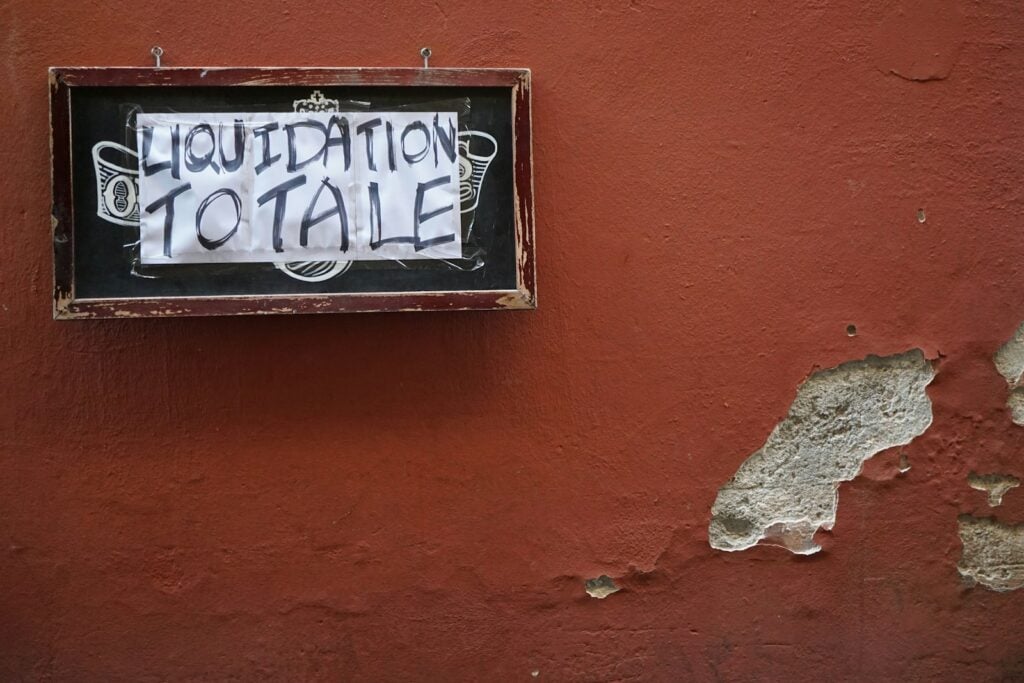Winning a case is only half the battle. Without effective enforcement of the decision obtained, the victory remains symbolic. The right to enforcement represents the bridge between a favourable decision and its actual implementation.
A fundamental right enshrined in the ECHR
The right to enforcement underwent a major development with the Hornsby judgment handed down by the European Court of Human Rights (ECHR) on 19 March 1997. This seminal decision elevated the enforcement of judgements to the level of a fundamental right.
"The right to a court would be illusory if the internal legal order of a Contracting State allowed a final and binding judicial decision to remain inoperative to the detriment of a party". states the Court in this decision.
The ECHR has incorporated this right into article 6§1 of the European Convention, which guarantees the right to a fair trial. Execution thus becomes an integral part of the trial.
In France, this right has been strengthened by the Constitutional Council which, in its decision of 6 March 2015, expressly recognised "the right to obtain enforcement of court decisions" as a component of the right to an effective judicial remedy.
Who benefits from the right to enforcement and for which acts?
This right applies to a wide range of decisions and acts.
Firstly, judgements handed down by administrative and judicial courts. But not only those that rule on monetary claims. Injunctions, prohibitions and other obligations to do or not to do also fall within this scope.
Enforceable notarial deeds also benefit from this protection. The ECHR confirmed this in the Estima Jorge v Portugal judgment of 21 April 1998.
To be enforceable, however, these acts must meet certain conditions:
- Be definitive and binding
- Have been properly notified
- Establish a claim that is certain, liquid and due
A claim that is time-barred, conditional or indefinite cannot justify enforcement measures.
The limits of the right to enforcement
This right, although fundamental, is not absolute. Several obstacles can legitimately limit its scope.
Grace periods
The court may grant debtors in difficulty deferred payment terms. Article 1343-5 of the Civil Code authorises payment to be deferred or staggered over a maximum period of two years. These measures temporarily suspend enforcement proceedings.
Immunity from execution
Certain persons or entities enjoy immunity from execution:
- French public bodies: Article L. 2311-1 of the Code général de la propriété des personnes publiques enshrines the unseizability of their assets.
- Foreign States: under article L. 111-1-2 of the French Code of Civil Enforcement Procedures, their assets may only be seized under restrictive conditions.
- Diplomatic missions: article L. 111-1-3 of the same code provides for enhanced protection of their property.
The Perrinaud law firm recently obtained the release of a seizure made on the bank accounts of an embassy, a perfect illustration of the rigour of these immunities.
Collective proceedings
The opening of collective proceedings (safeguard, receivership or compulsory liquidation) creates an obstacle to enforcement. Article L. 622-21 of the French Commercial Code prohibits any enforcement action by prior creditors.
The same principle applies to over-indebtedness of private individuals. If a case is accepted by the over-indebtedness commission, enforcement proceedings are suspended (article L. 722-2 of the Consumer Code).
What recourse is available in the event of non-performance?
A creditor in possession of an enforcement order has a number of levers at his or her disposal when enforcement runs into difficulties.
Penalties are an effective means of exerting pressure. The judge can order the recalcitrant debtor to pay a sum of money for each day, week or month of delay.
The référé-liberté procedure before the administrative judge offers an express route in the event of refusal of assistance from the public force (article L. 521-2 of the Code of Administrative Justice).
The State may be held liable if it refuses to assist in the enforcement of a court order. This liability is based on article L. 153-1 of the Code of Civil Enforcement Procedures.
The specific case of the refusal of police assistance
The State is obliged to assist in the enforcement of court decisions. This principle, established by the famous Couitéas ruling of the Conseil d'État (30 November 1923), is now enshrined in article L. 153-1 of the Code of Civil Enforcement Procedures.
However, the Prefect may refuse this assistance if there is a serious risk to public order. In such cases, the Prefect may be held liable under two different regimes:
- For gross negligence when the refusal is illegal
- For breach of equality before public charges where the refusal is lawful
The Matheus v. France case (ECHR, 31 March 2005) condemned France for having refused for sixteen years to grant the assistance of the public force for an expulsion. This decision is a reminder that compensation does not replace enforcement in kind.
Obtaining effective enforcement of a court decision or an enforceable deed requires an appropriate legal strategy. An in-depth analysis of the legal foundations and potential obstacles will optimise the chances of success.
Perrinaud assists its clients at every stage of the enforcement process, from analysing the enforceable title to implementing the appropriate enforcement measures. Our team specialising in enforcement law can arrange an initial assessment meeting to examine your options.
Sources
- ECHR, 19 March 1997, Hornsby v Greece, claim no. 18357/91
- ECHR, 21 April 1998, Estima Jorge v Portugal, claim no. 16/1997/800/1003
- Constitutional Council, 6 March 2015, no. 2015-455 QPC
- CE, 30 November 1923, Couitéas, Lebon 789
- ECHR, 31 March 2005, Matheus v France, claim no. 62740/00
- Article L. 111-1 et seq. of the Code of Civil Enforcement Procedures
- Article 1343-5 of the Civil Code
- Article L. 622-21 of the French Commercial Code
- Article L. 722-2 of the Consumer Code
- CHOLET Didier, "Exécution des jugements et des actes", Répertoire de procédure civile, April 2022




